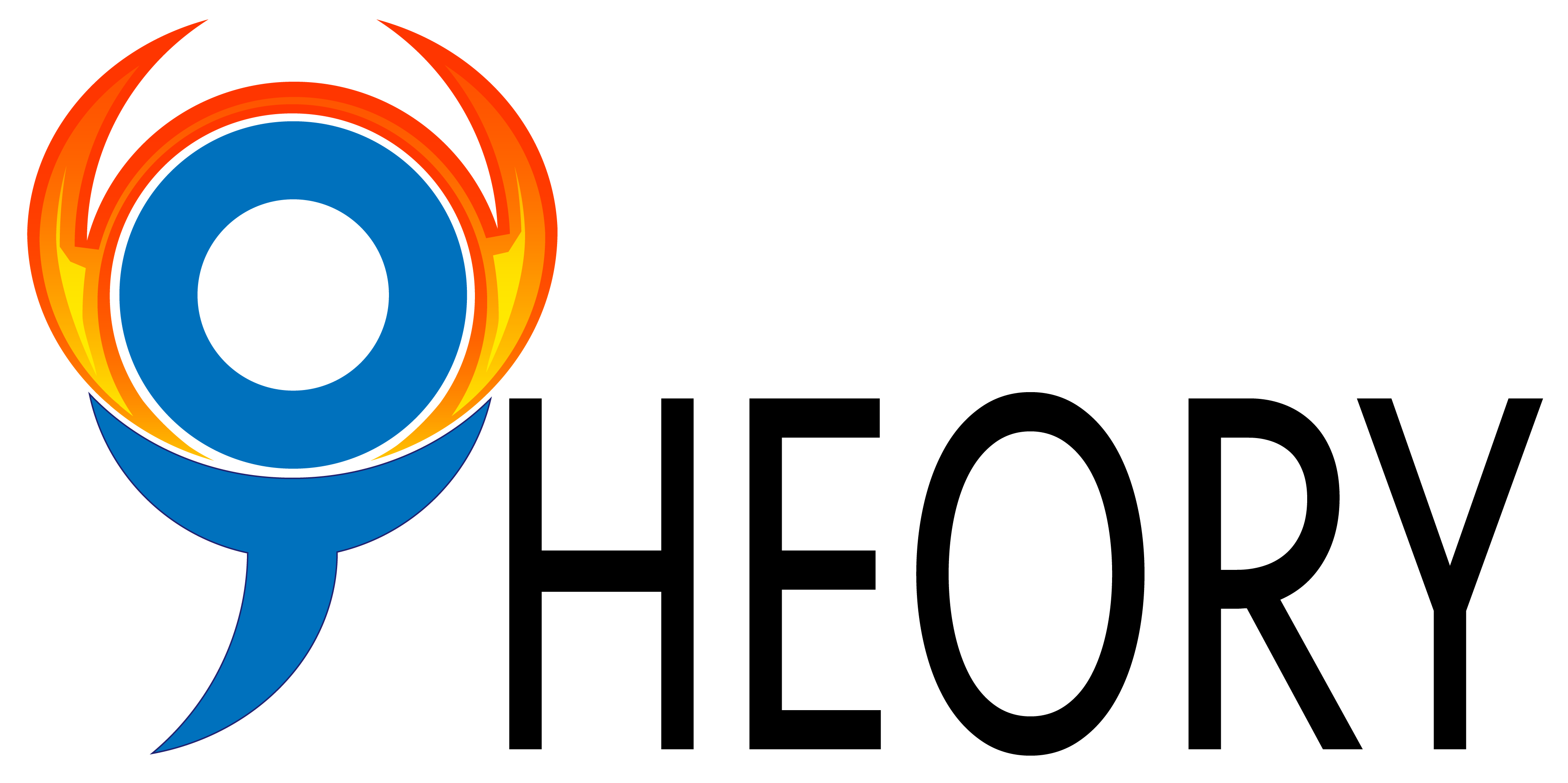The social participation frame of reference emphasizes the power of emotion to motivate and engage children’s social participation. Early relationship with parents provides the foundation for children’s social development, because children give meaning to their own emotions and learn strategies in regulating their emotional states based on how others and environment responses to their emotions. At the same time, the children regulate the caregivers’ behaviors and then they learn how to regulate their own and others’ emotions during future social interactions. In this frame of reference, it is assumed that children with disabilities may have decreased ability to modulate their physiological, cognitive, and/or physical states. Therefore, children with disabilities are more likely to exhibit difficulty in regulating emotional states during interactions with caregivers and their siblings/peers in reciprocal play. They are more likely to be disorganized and inattention to tasks and so interact with adults in a more negative manner. Interrupted family routine due to difficult temperament also decreased the opportunity for a child to participate in family social activities. All of these contributes to reduced opportunity learn the skills for social participation, which may cause children with disabilities to be more likely to be rejected in other interactions. Understanding and promoting emotional engagement is critical to motivate caregivers and children. This frame of reference identifies indications of function and dysfunction in seven areas that affect social functioning, including temperament adaptation, emotional regulation, family habits and routines, environmental supports, social participation in school, environment for peer interaction, and peer interaction. In assessment, social demands from caregiver and teachers are identified, and so do children’s actual participation and their own perception. Interventions include both caregiver/peer and children, through daily activities and structured activities, to promote the children’s social participation.
Summarized by
- Macey Cho
Type
- Frame of reference
Population
- Child
- Adolescent
Disability
- Physical disability
- Mental disability
Domain of occupation
- Social participation
Application Note
Behavioral, social learning, and cognitive theories are adapted in this frame of reference
Key Reference
Olson, L. J. (2010). A frame of reference to enhance social participation. In P. Kramer & J. Hinojosa (Eds.), Frames of reference for pediatric occupational therapy (3rd ed., pp. 306-348). Philadelphia: Lippincott Williams & Wilkins.
Year Published
- 2010
Primary Developer
- Laurette Olson
Primary Developer Email
- LOlson@mercy.edu
